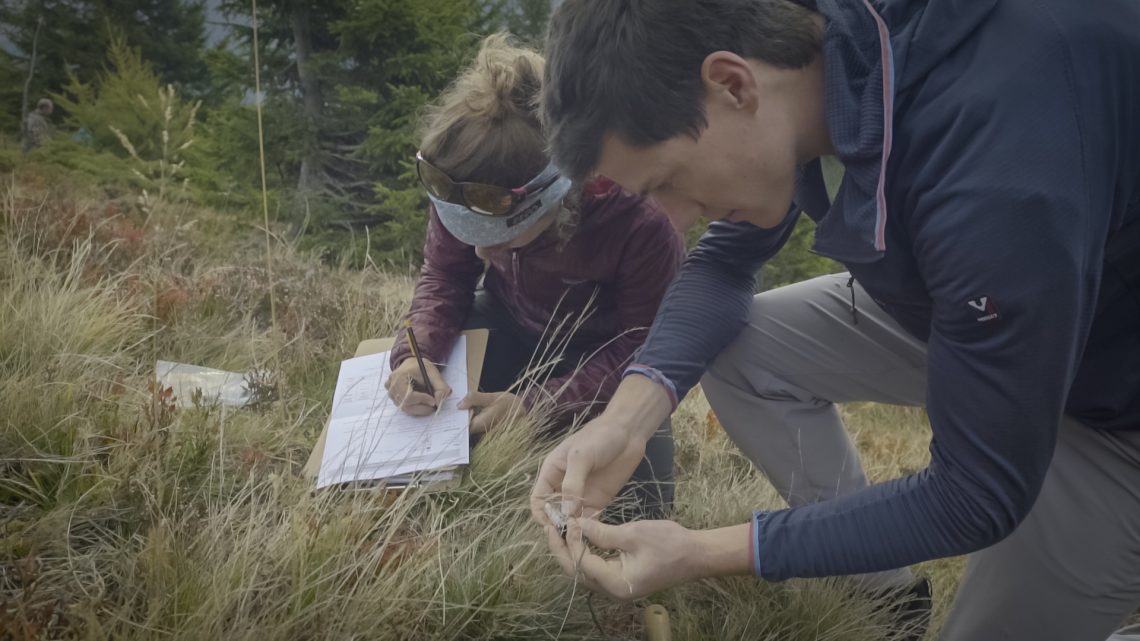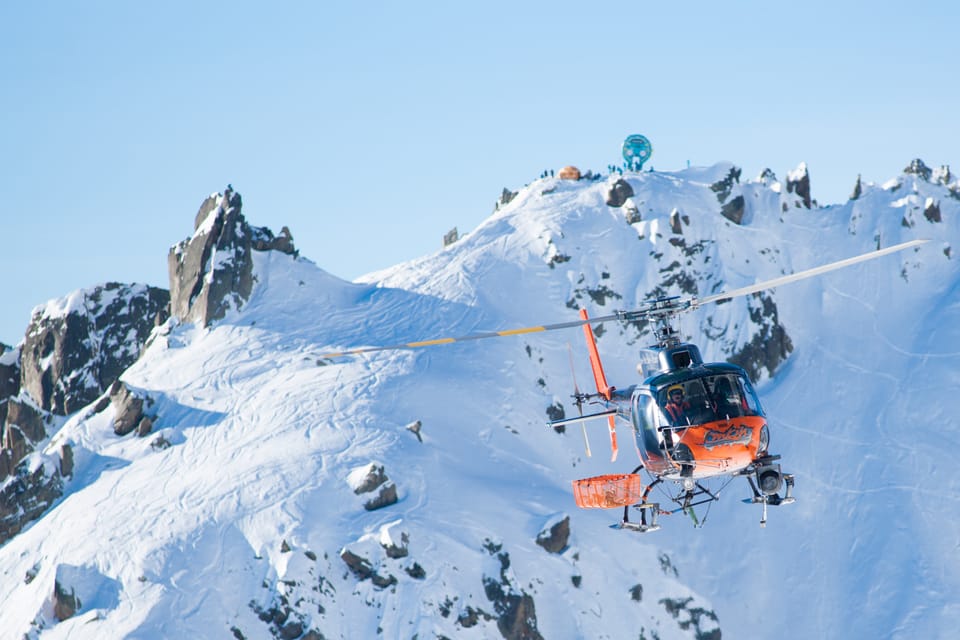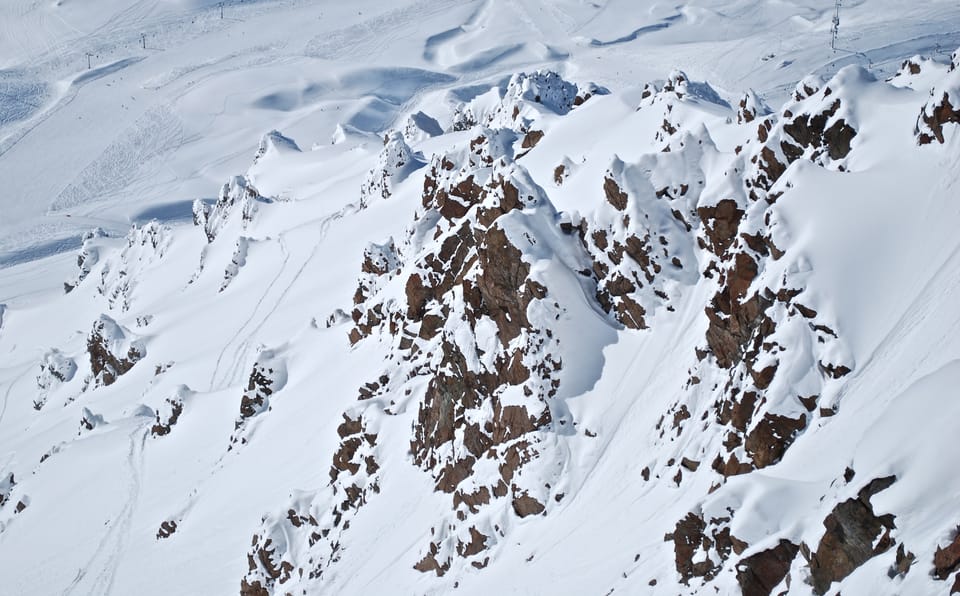Initiative to Measure Climate Change in the Alps wins UN Award
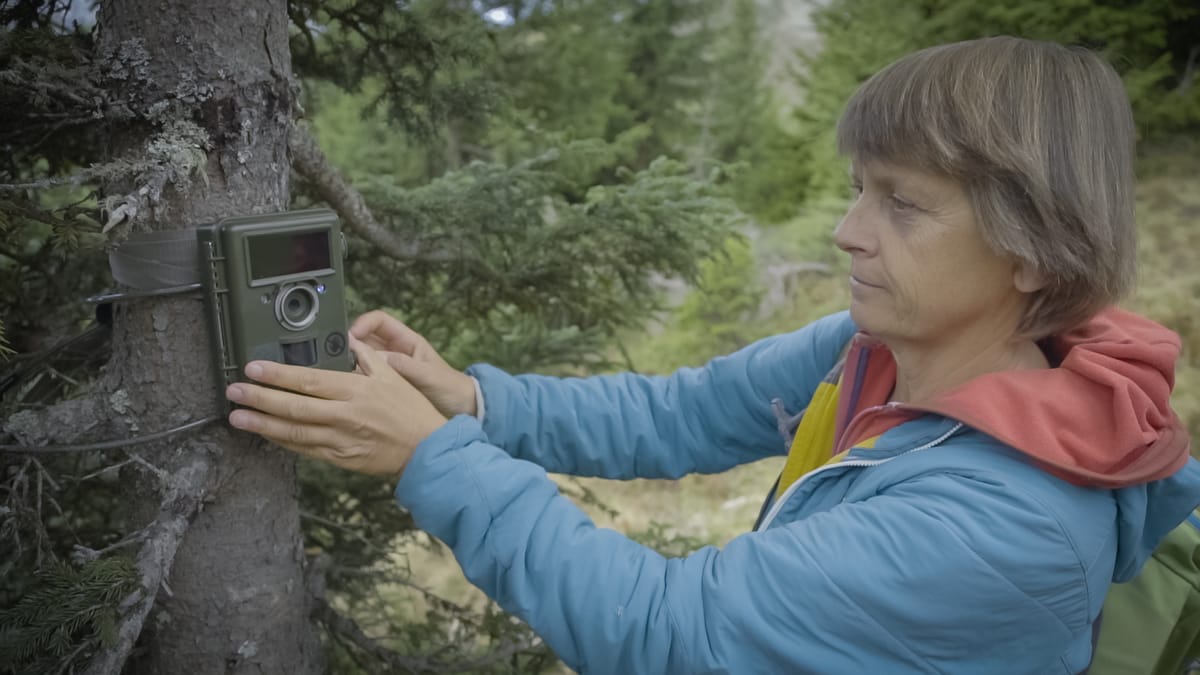
An initiative on Mont Blanc to measure the true effect of climate change has been awarded a UN Climate Change Momentum for Change Lighthouse Activity award.
The awards recognize the most exciting and innovative climate change initiatives worldwide ahead of the upcoming UN Climate Conference (COP23) in Bonn, German from the 6th to 17th November, 2017.
CREA Mont Blanc’s CLIMB initiative has built a system of over 70 tailor-made measuring systems to see the true effect of climate change on the mountain environment.
The organisation installed their first temperature measuring station in 2004 and it has been measuring temperatures ever since. Data for the entire French Alps can also be accessed from here.
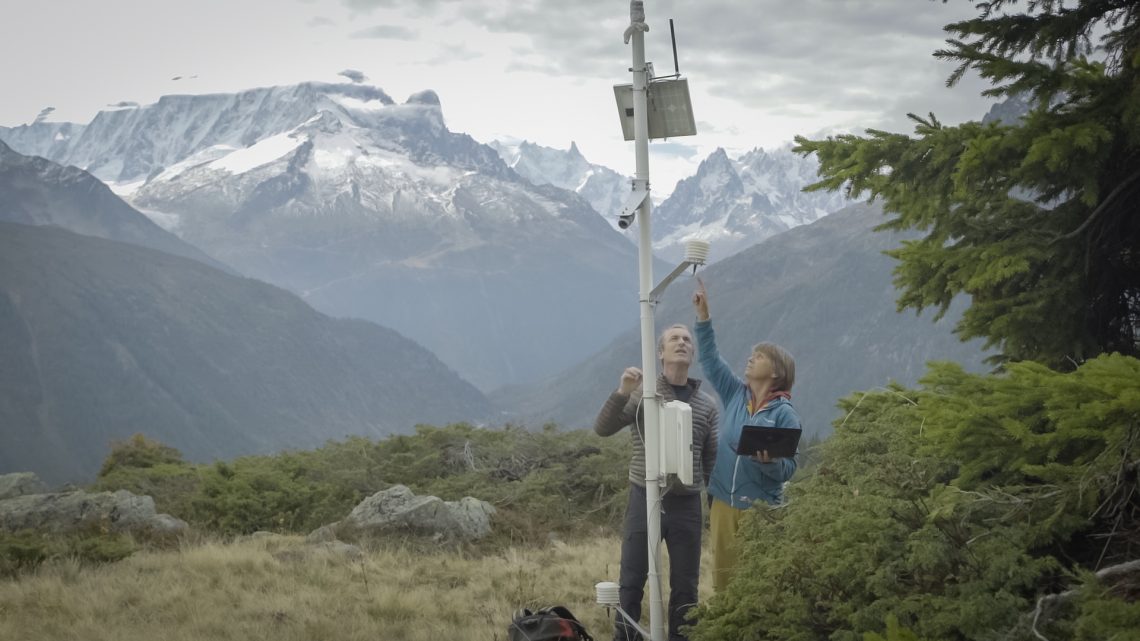
The organisation also has a large number of sensors on the ground which can indicate whether snow is on the ground where each is located (in which case the temperature is at 0°C and has little variance).
“One of the results of the latest studies that we carried out with MeteoFrance, the French national weather service, shows that the snow period (number of continuous days where there is snow on the ground) has shrunk by 23 days in the last 50 years in the Northern Alps at an altitude of 2300 metres above sea level (masl),” said Irene Alvarez, the Programme Director for CLIMB, who further explained,
“There is a higher reduction of snow at an altitude of 2500 masl (-25%) than at an altitude of 1500masl (15%) where the snow period was already shorter. This is due mainly to higher spring temperatures (March to May), and to a lesser extent to higher autumn temperatures, rather than to winter temperatures or overall precipitations.”
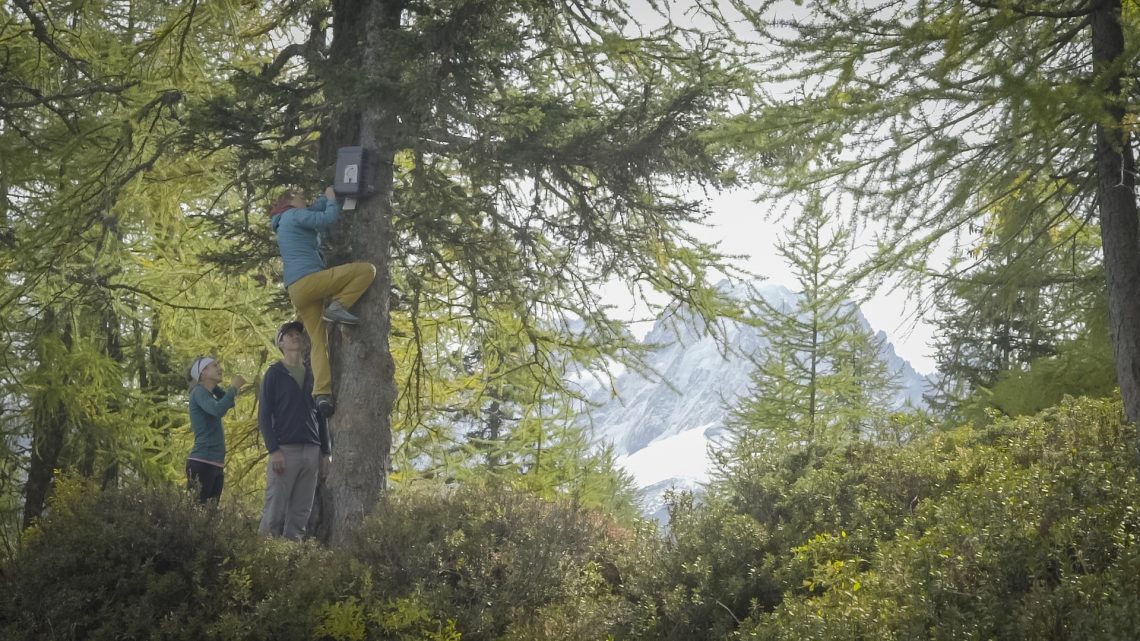
“This is expected to continue in the coming decades. We are developing projections with MeteoFrance that we expect to be ready in 2018. Climate change studies require at least 30 years of data to calculate accurate trends and averages. In the meantime, our stations help us monitor warm years (2011, 2016) compared to colder years (2013) and measure the impact of vegetation and fauna of such extreme years.”
Patricia Espinosa, Executive Secretary of UN Climate Change, commented: “I want to congratulate this year’s award winners. Their passion, creativity and positive impacts on the ground are extraordinary, real-world examples of how the implementation of the Paris Agreement and the wider SDGs is happening at all scales, across all countries and across all sectors of society.
